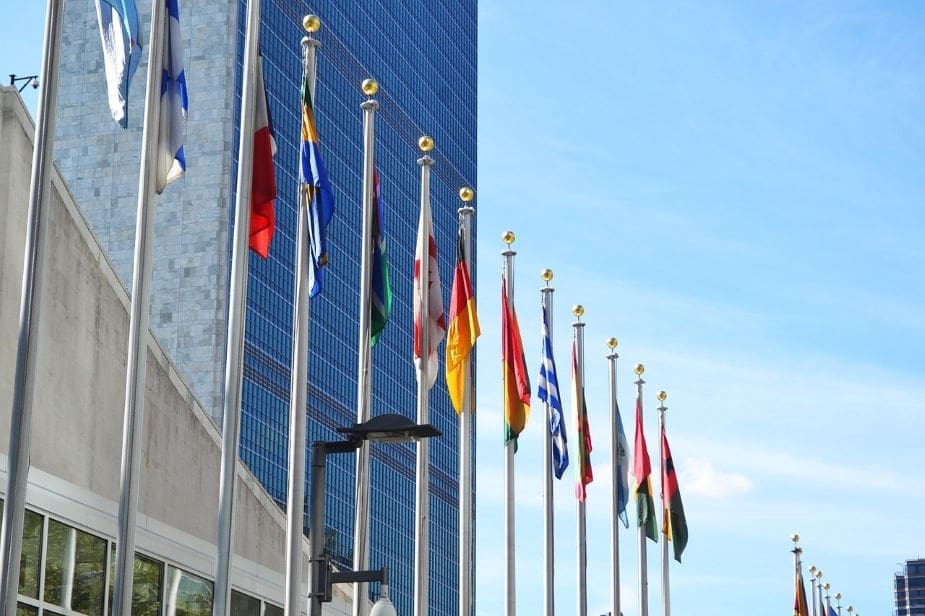Paris, France | AFP
The United Nations on Wednesday urged nations late in turning in their climate plans to do so quickly, with major polluters among dozens of countries still to unveil new commitments.
The nearly 200 countries under the Paris Agreement were supposed to put forward updated policies in February, providing a tougher 2035 emissions reduction target and a detailed blueprint for achieving it.
But only a handful made the deadline, and six months later, China, India and the European Union are among the biggest names still to submit their revised plans.
In a letter, UN climate chief Simon Stiell called on laggards to gets their plans in “as soon as possible.”
“These national climate plans are much more than words on paper; they are among this century’s most powerful engines of economic growth and rising living standards, and the cornerstone of humanity’s fight against the global climate crisis,” he wrote.
The UN Framework Convention on Climate Change (UNFCCC) is supposed to conduct its much-anticipated review of new commitments in a report to be ready by COP30, the annual UN climate summit in Brazil in November.

Plans submitted by the end of September would make the cut for this “important update” on global climate action, said Stiell, the executive secretary of the UNFCCC.
He encouraged world leaders to use the opportunity of a special climate event being hosted on September 24 during the UN General Assembly in New York to announce their new policies.
Around 190 countries have indicated they intend to submit their revisions this year, a spokesperson for the UNFCCC told AFP.
Roughly 30 — including major economies Brazil, the United Kingdom, Japan and Canada — have already done so, according to a UN database tracking the submissions.
The United States has also put forward a plan, but it is considered largely symbolic, made before President Donald Trump withdrew Washington from the 2015 Paris deal.
The sluggish global response has hinted at a waning appetite for climate action, with nations distracted by mounting security crises and international trade tension.
Taken together, national climate plans represent the collective effort to meet the Paris Agreement goal of holding global temperature rises well below two degrees Celsius relative to pre-industrial levels.
The world is currently tracking closer to 3°C of warming.
Global emissions have been rising but need to almost halve by the end of the decade to limit global warming to safer levels agreed under the Paris deal.
np/jhb
© Agence France-Presse
Article Source:
Press Release/Material by AFP
Featured image credit: jcomp | Freepik




